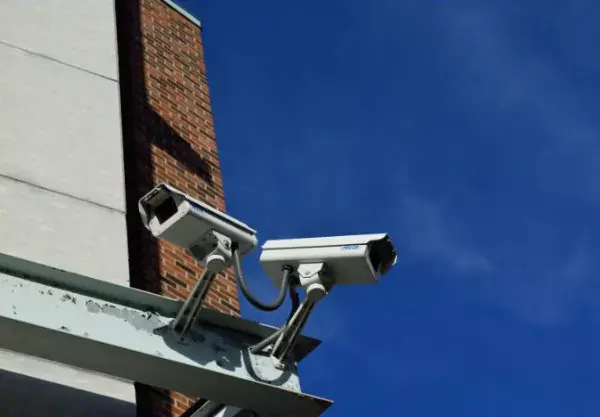CCTV Requirements for Queensland Licensed Venues
CCTV Requirements for Queensland Licensed Venues
All information following was recorded as of 03/10/2023 and may have changed at the time of reading please consult the Liquor Act 1992 (QLD) and Liquor Regulation 2002 (QLD) and your local bylaws for any changes.
The Liquor Act 1992 (QLD) and Liquor Regulation 2002 (QLD) require licensed venues within the Brisbane City Council area to operate a CCTV system on their premises. Other venues in Queensland may also be required to operate a CCTV system as part of their licensing agreement. Failure to meet CCTV requirements after 1 am in the Brisbane City Council Area can lead to maximum penalties of up to $15,480 for licensees.
Difference between Identify and recognise standards
The regulations refer to whether a camera can identify or recognise patrons but what is the difference? Well:
- Recognise: is defined as where the figure occupies at least 50% of the total screen height. This should allow for a viewer to determine with a high margin of certainty that an individual shown is the same as an individual seen they have before.
- Identify: is where an individual occupies at least 120% of the screen. This image should be of a high enough quality to allow a reasonable person to identify an individual without any reasonable doubt.
So What Do Licensees Need to Do?
The legal requirements for CCTV in venues open after 1 am in the Brisbane City Council area cover camera placements, camera systems used, storage of recordings, and the maintenance of the system.
Camera Placement Requirments
The regulation requires the following when it comes to the placement of cameras in and around your venue.
- Cameras are to be installed at every entry and exit of the venues and allow for the identification of as well as all interactions between staff and patrons at the entries and exits.
- Lighting at all exits should be adequate to allow for cameras to identify patrons coming in and out of the venue. Lighting should not cast shadows or lighting flares affecting the camera's image.
- Cameras should not be obstructed in any way.
- Signs must be displayed informing patrons that CCTV is in operation at this venue.
Camera System Requirements
The following is required under licensing regulations in regard to the types of camera systems used:
- Cameras should all be digital and may need to be infrared depending on available lighting.
- Must capture at least six frames per second.
- In the event of a power failure the system should continue to record for at least 15 minutes and automatically restart recording when power returns.

Storage of Recording
Regulations around how recordings are stored and who can access these recordings are as follows:
- All recordings are to be kept for a minimum of 28 days and then deleted within 30 days from the end of that period.
- However, if an incident has occurred the footage must be kept for a minimum of 1 year after the 28-day retention period unless a copy has been given to police or Office of Liquor and Gaming Regulation investigator.
- If a copy has been given to a investigator or police the recording cannot be deleted until written notice has been received advising that the recording is now viewable.
- The system must allow authorised persons to make a digital copy of footage from a certain time and day onto either a USB, CD or DVD.
- The licensee and/or authorised person must be available at all times to undertake any duties relating to the system.
- Only the licensee, authorised managers, police, and Office of Liquor and Gaming Regulation investigators are allowed to access recordings from cameras required by licensing.
- A log of all actions taken relating to the storage of recordings and who accesses them should be kept as good practice.
Maintenance and Servicing
The Office of Liquor and Gaming Regulation specifies several requirements for the maintenance and servicing of CCTV systems. These are:
- A licensed and qualified technician is to complete a check of the CCTV system at least every 6 months.
- Certification of CCTV check must be made available for authorised persons when required.
- During trading periods the security system should be checked by the licensee or approved managers before 12:30 am and the record of these checks should include the date, time, person who performed the check, and whether the equipment was functioning as it should be.
- If a fault is found in the CCTV system arrangements for repair should be made within 48 hours. The date, time, name of the person who identified it, and details of the repair arrangement should all be recorded.
System Failure
But what happens if your CCTV system breaks? can you still operate? If the system breaks the regulation states the following:
- If your license requires cameras or you are operating after 1 am the venue must close.
- If a failure occurs at another time it is suggested that the venue employ more staff as a precaution if the risk is deemed to require it.
If you are in the Brisbane area and are looking for a reliable and licensed security installer Alltronic Security and Electrical is your one-stop shop. We are licensed to provide all your commercial CCTV checks and new system installations to meet industry standards and the requirements of your venue's licensing agreement.
So do not wait contact us today to book a security system expert.
References: